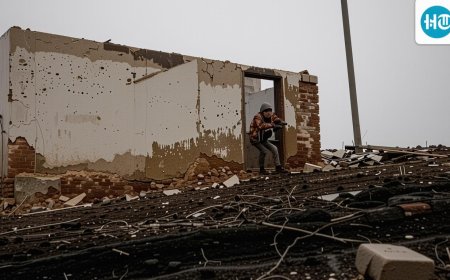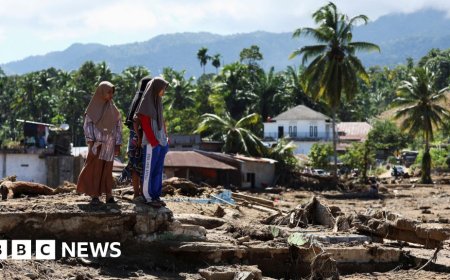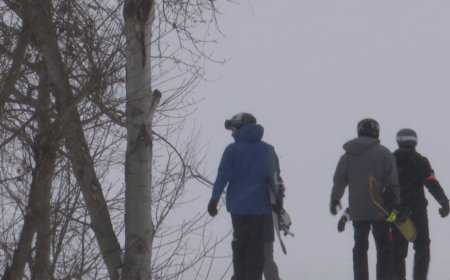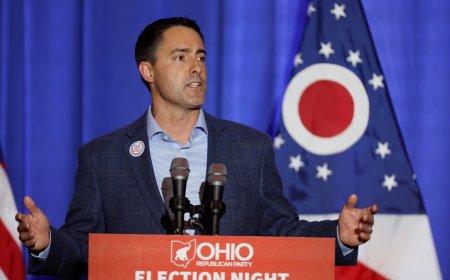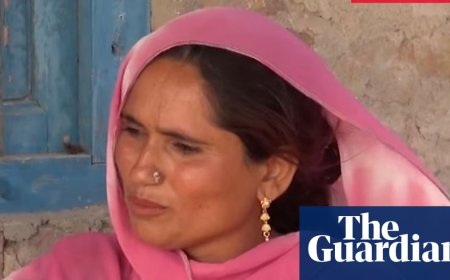Global Headlines: Funding Cuts Impact Belarus, Ebola & Mpox Challenges in Africa | PRIMENEWSNOW
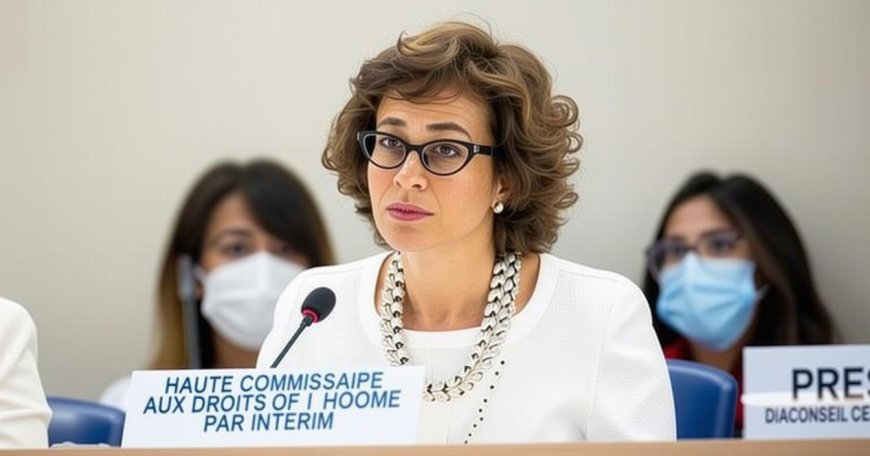
Global Headlines: Development Challenges, Belarus Human Rights, and Health Initiatives in Africa
During a recent address in Geneva, concerns were raised about the global decline in respect for human rights and multilateral cooperation. Conflicts, rising debt, and reduced development aid are threatening to undo significant progress.
The OECD, a 38-nation economic cooperation group, anticipates a reduction in aid by 9 to 17 percent next year, with the least-developed countries potentially facing a 25 percent cut. Meanwhile, military expenditures have reached unprecedented levels.
“The consequences are evident: poverty reduction has stagnated, and nearly all Sustainable Development Goals (SDGs) are off course,” stated Ms. Al Nashif, referencing the World Bank’s caution about a potential “lost decade for development.”
Path to Progress
Despite these challenges, Ms. Al Nashif highlighted that the right to development could pave a practical way forward. This involves reforming fiscal policies, enhancing social safety nets, and aligning global financial systems with human rights standards.
Nearly four decades after the UN Declaration on the Right to Development, she called on governments to transition from rhetoric to action, citing new initiatives like the Sevilla Commitment and the renewed global solidarity expressed at the 80th UN General Assembly.
Belarus: A Closer Look at Workers’ Rights
“Belarus is far from the workers’ utopia its authorities claim, despite their stated commitment to economic and social rights,” remarked Nils Muižnieks, a UN independent human rights expert on Belarus, during a UN General Assembly session.
As a Human Rights Council-appointed expert, Mr. Muižnieks shared his latest report, which uncovered widespread politically-driven discrimination and harassment in both public and private sectors in Belarus.
Issues of Forced Labor
The report highlighted unjust job access restrictions based on political affiliations and the use of forced labor as punishment for those unjustly imprisoned, often with little or no compensation.
This follows a two-year review by the International Labour Organization (ILO), which has increased scrutiny on Belarus due to violations of trade union rights.
Mr. Muižnieks, who is not a UN employee and works without a salary, noted that over 1,100 individuals remain arbitrarily detained in Belarus. Some released individuals have been deported and had their passports confiscated, risking statelessness and fearing to return home.
Strengthening Health Responses in Africa: Ebola and Mpox
The International Organization for Migration (IOM) is enhancing its health initiatives across Africa, responding to the recent Ebola outbreak in the Democratic Republic of the Congo (DRC) and bolstering mpox preparedness in various countries.
The agency’s main focus is to ensure all entry points and screening processes are fully operational to prevent disease spread in areas with significant human movement.
“These efforts are crucial in preventing disease transmission and ensuring the safety of travelers and border communities,” stated Frantz Celestin, IOM’s regional director for East, Horn, and Southern Africa.
Border communities, due to their high mobility and limited healthcare access, face increased risks. However, with operational screening points, over 169,000 screenings have been conducted.
Enhancing Mpox Preparedness
The agency is also aiding national mpox responses in several countries. In Uganda and Ethiopia, health authorities are utilizing IOM’s mobility data for public health planning and outbreak readiness.
In Malawi and South Sudan, IOM is improving surveillance, contact tracing, and vaccination access at critical border locations.
What's Your Reaction?
 Like
0
Like
0
 Dislike
0
Dislike
0
 Love
0
Love
0
 Funny
0
Funny
0
 Angry
0
Angry
0
 Sad
0
Sad
0
 Wow
0
Wow
0



